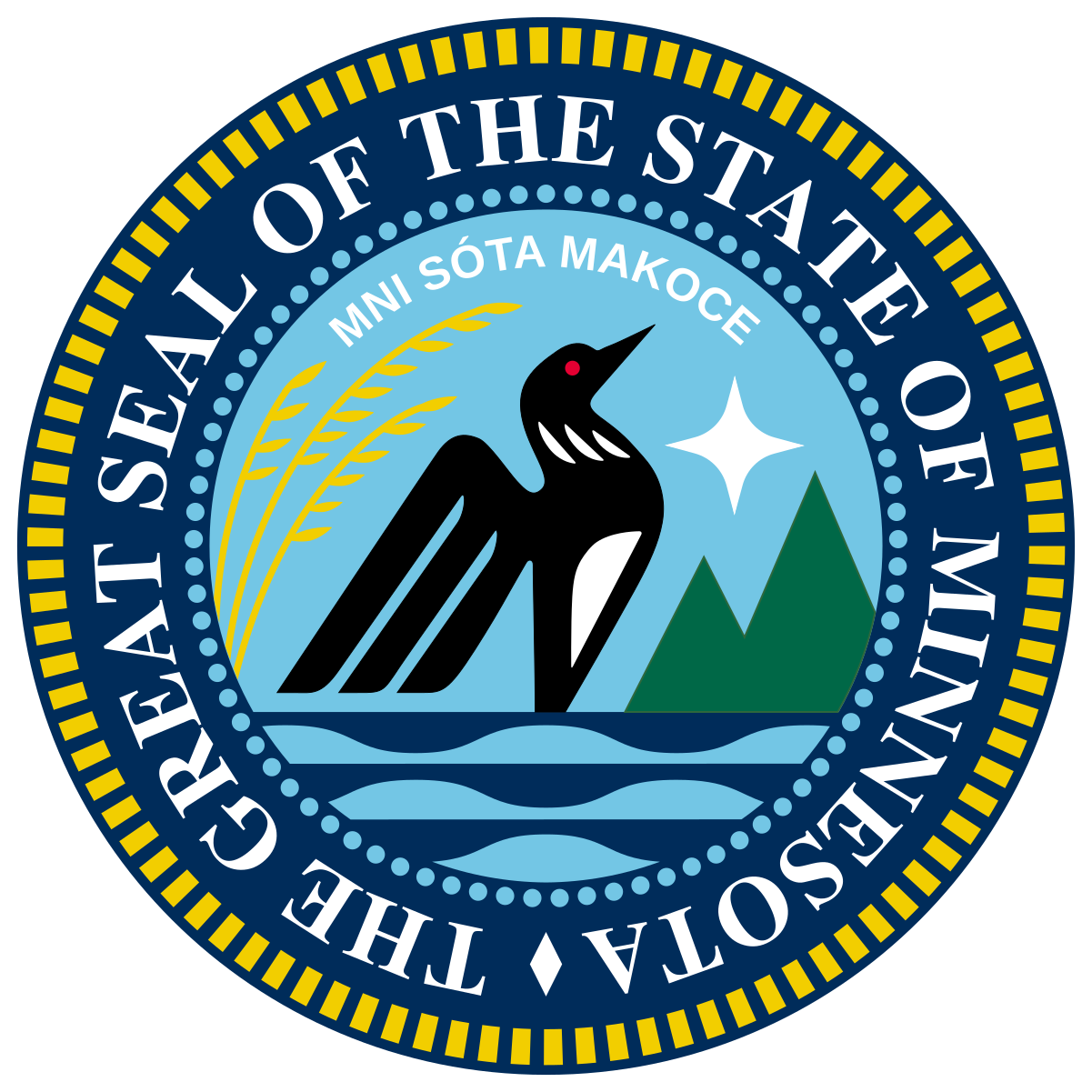Minnesota’s capital city is getting a fiscal watchdog – In$ight St. Paul.
We are a nonpartisan, grassroots nonprofit – largely made up of St. Paul citizens and business owners concerned about the financial health of the city. We went public on Oct. 29 with a detailed report, based on extensive fact-finding, that found the city to be fiscally stressed.
“The growth of St. Paul’s tax base and population are lagging,” our report concluded. “Deferred maintenance of basic infrastructure, high and rising property and sales taxes and challenging crime and social issues create an environment that some people want to leave. Reversing these trends requires a sense of urgency by St. Paul’s elected officials.”
We found that the city’s sales tax of 9.875% is the highest in the state. As for property taxes, the city’s effective tax rate before adjusting for the property tax refund – 1.39% of estimated market value – is the highest for all of Minnesota’s 20 regions.
Hardest hit by high tax rates are those least able to afford them: renters, low-income and fixed-income property owners. State legislators consider a net property tax greater than 5% of taxable income to be extremely regressive; in St. Paul, 17.1% of homestead owners paid net property taxes of more than 5%, nearly twice the statewide average.
Many St. Paul voters share our concerns. In the Nov. 5 election, they were asked to decide whether the city should launch an early childhood program. This proposal, which favored lower income residents, addressed a worthy cause but carried a hefty price tag. Had voters approved the plan, it would have boosted the city’s annual property tax levy from $2 million in the first year to $20 million by the 10th year. Voters rejected the plan, by a 60-40 margin.
Prominent among our many concerns:
Growth of the city’s workforce. St. Paul’s full-time equivalent staff rose nearly 10% to 3,209 as planned for 2025, from 2,924 in 2016. Yet among the state’s five largest cities, only St. Paul’s population declined since 2020. The city’s Parks and Recreation Department is proposing huge new facilities that will require more city staffing and services, while failing to prioritize the $100 million in deferred maintenance of its existing facilities. Meanwhile, the new facilities will carry their own maintenance and service costs that are currently unaccounted for.
Tax-exempt property. The city’s property tax revenues have long been limited by its unusually large amount of tax-exempt properties, e.g. state government and college buildings. Currently, 18.7% of its more than $43 billion value of all property in the city is exempt vs. 11.3% in suburban Ramsey County. We urge St. Paul officials to revisit the Citizens League’s comprehensive study, commissioned by the city in 2017. This analysis cites successful efforts of other cities to seek payments in lieu of taxes from the owners of tax-exempt property such as universities and hospitals.
Tax increment financing. This is a method used to attract economic development by estimating and tapping future property tax revenue generated by new projects to pay for the current cost of these projects. St. Paul is the state’s biggest TIF user. The city’s leaders should be more transparent in explaining and disclosing data about these projects before doing more of them.
Fiscal disparities and local government aid. Both of these programs redistribute state and regional money to St. Paul. Our city has been the biggest winner from the fiscal disparities program, which is a metro area tax-base sharing program. Local government aid is a state program that directs state tax revenue to cities. St. Paul is also the biggest beneficiary of this program. The city also depends on support from taxpayers beyond the city in various other ways. It routinely seeks grants and bonding from the Legislature, which appears likely to be tight-fisted in the next session given the 67-67 Minnesota House of Representatives. The city also received significant pandemic aid from the federal government’s American Rescue Plan – assistance now dwindling. The political shift in Washington suggests that requests for future federal aid could come under new pressure.
The more city officials do to get their fiscal house in order, the better positioned the city will be to ask for financial help from taxpayers beyond St. Paul.
If you have questions or suggestions for our group, please email us at insight.St.Paul@gmail.com

